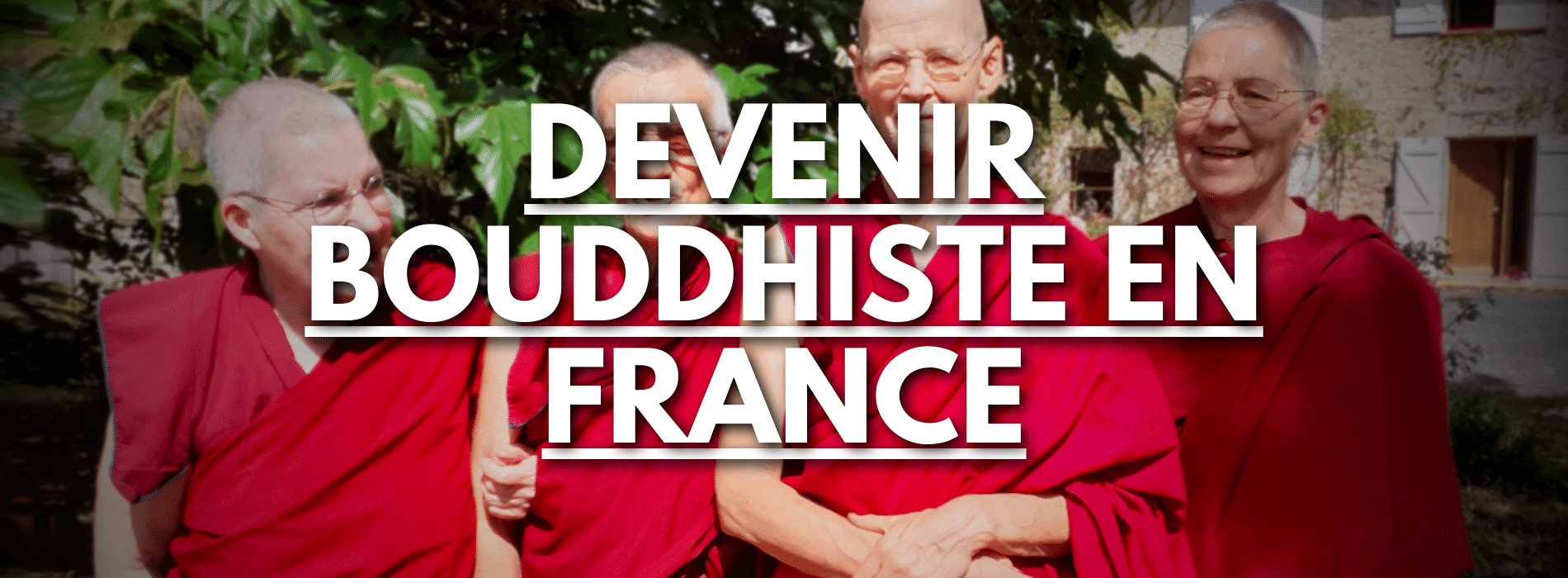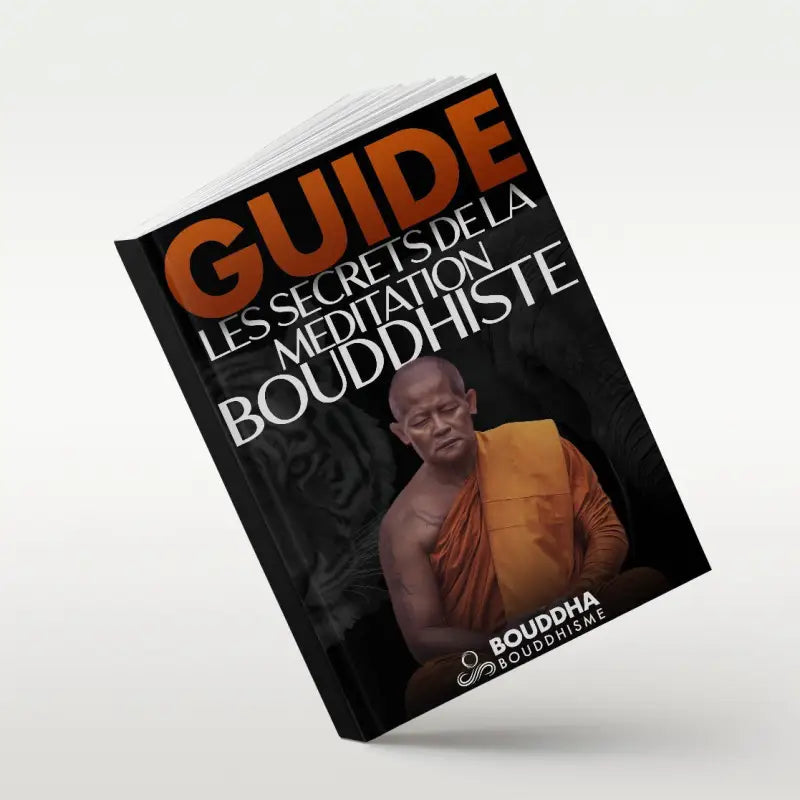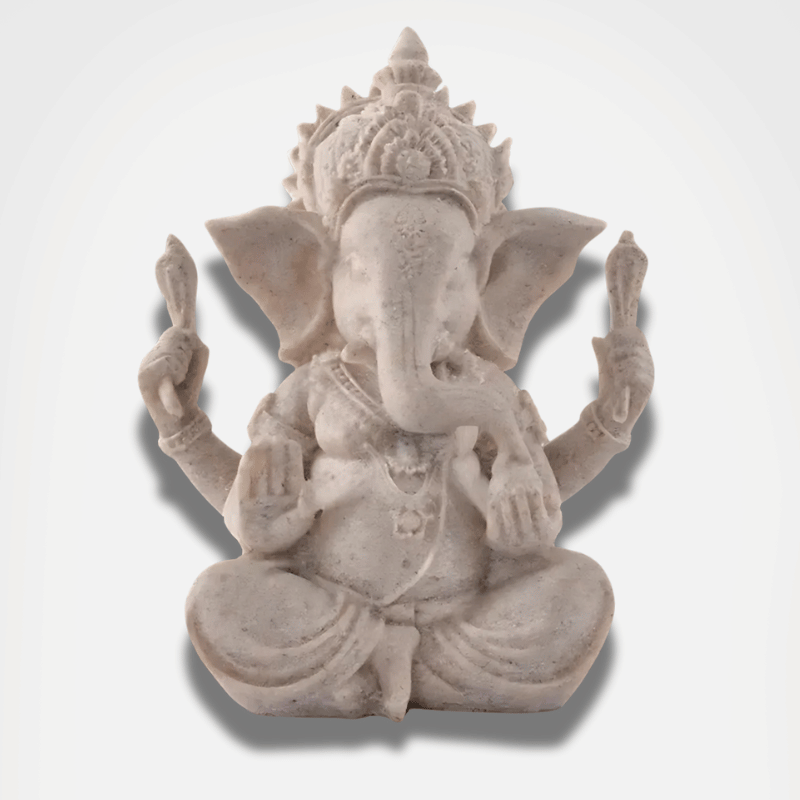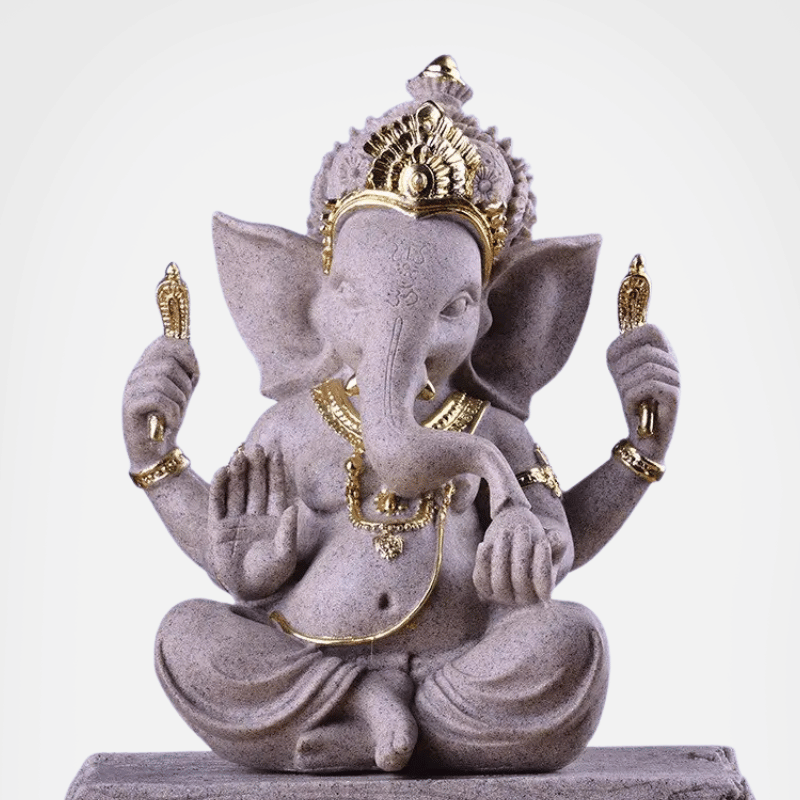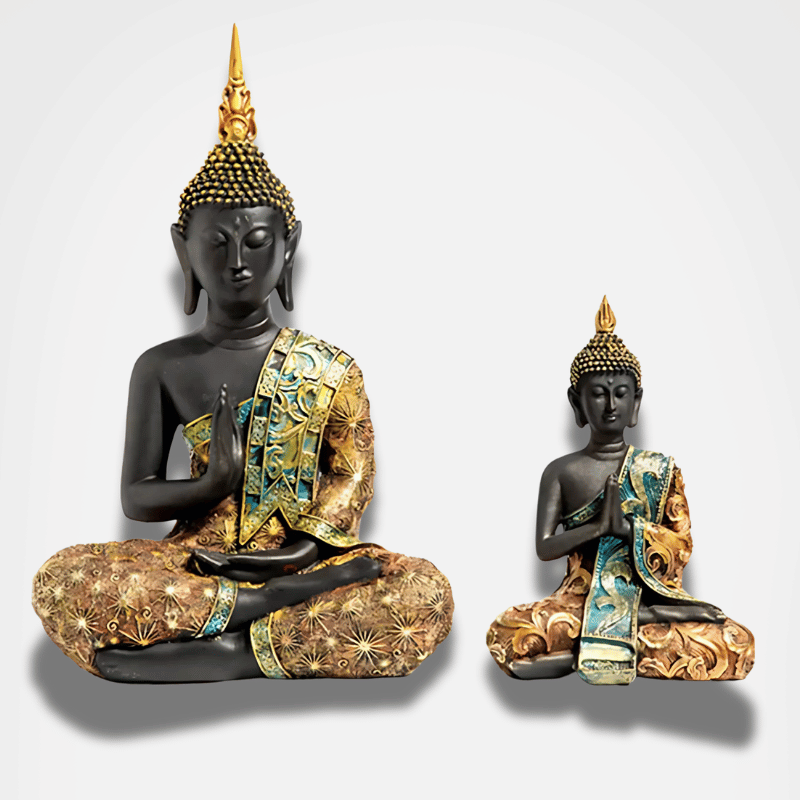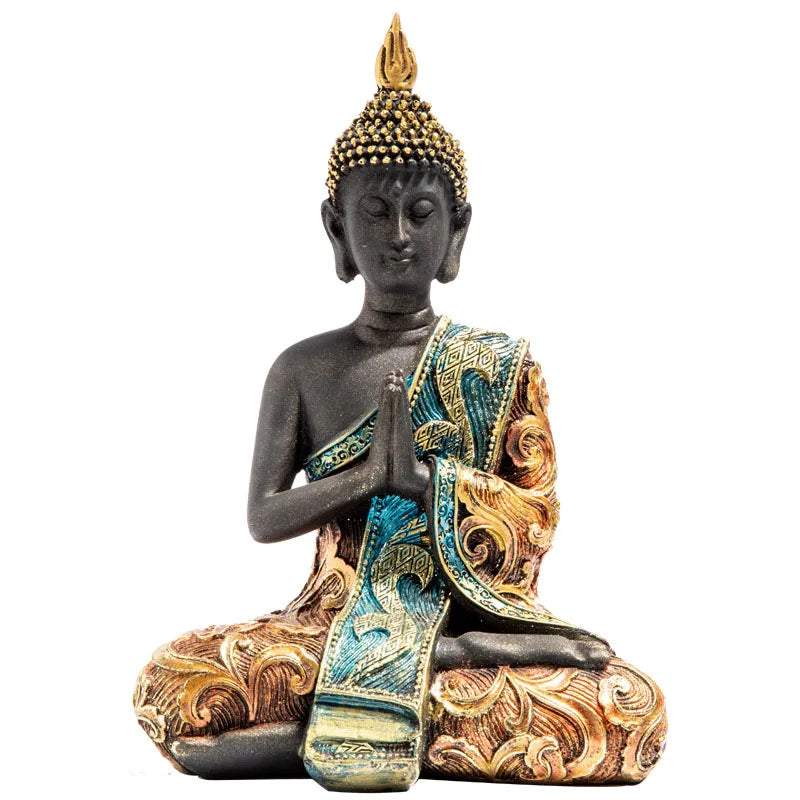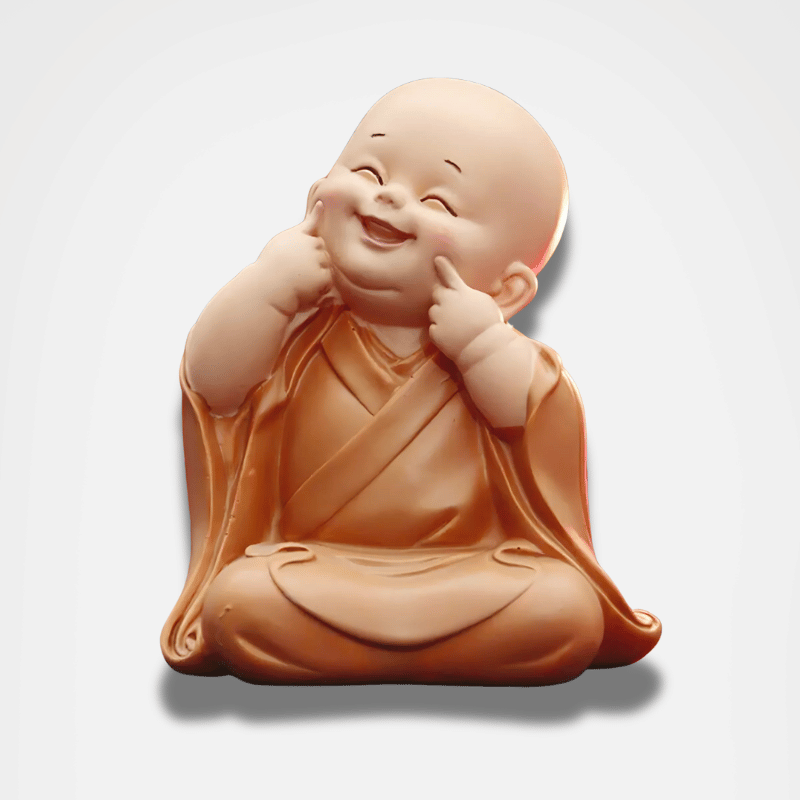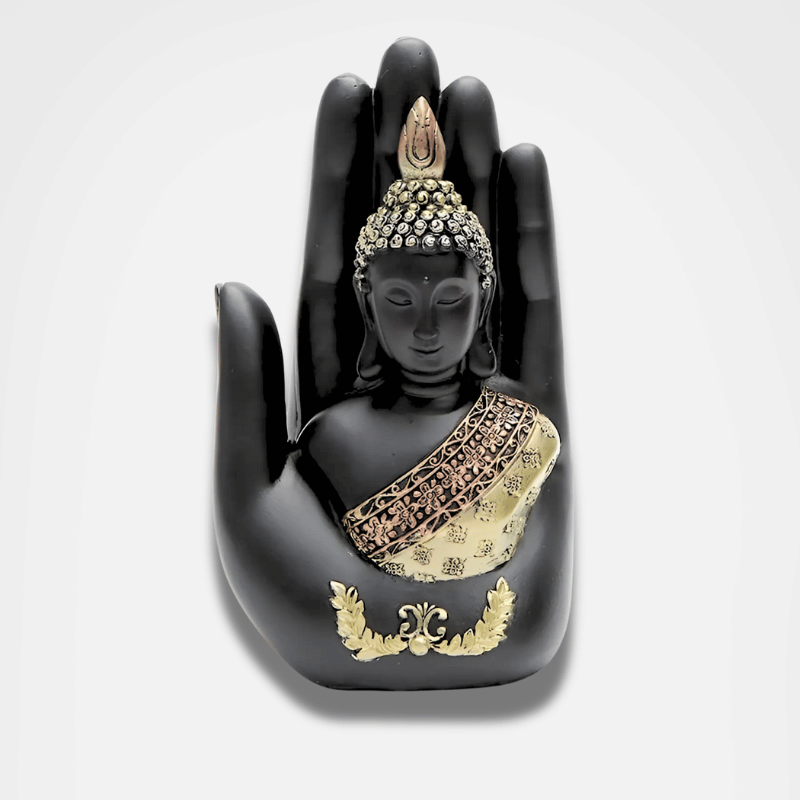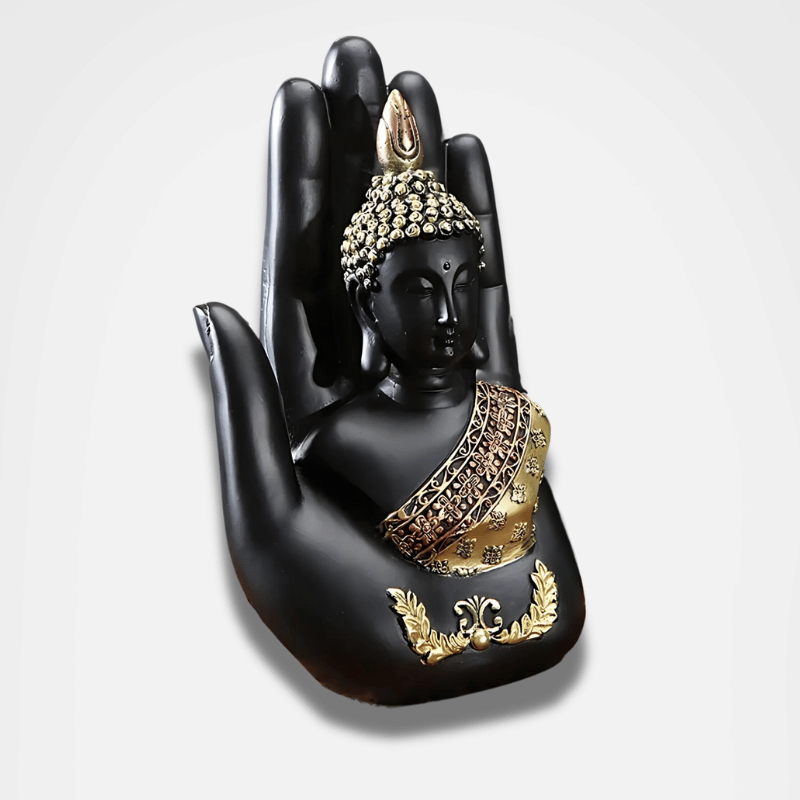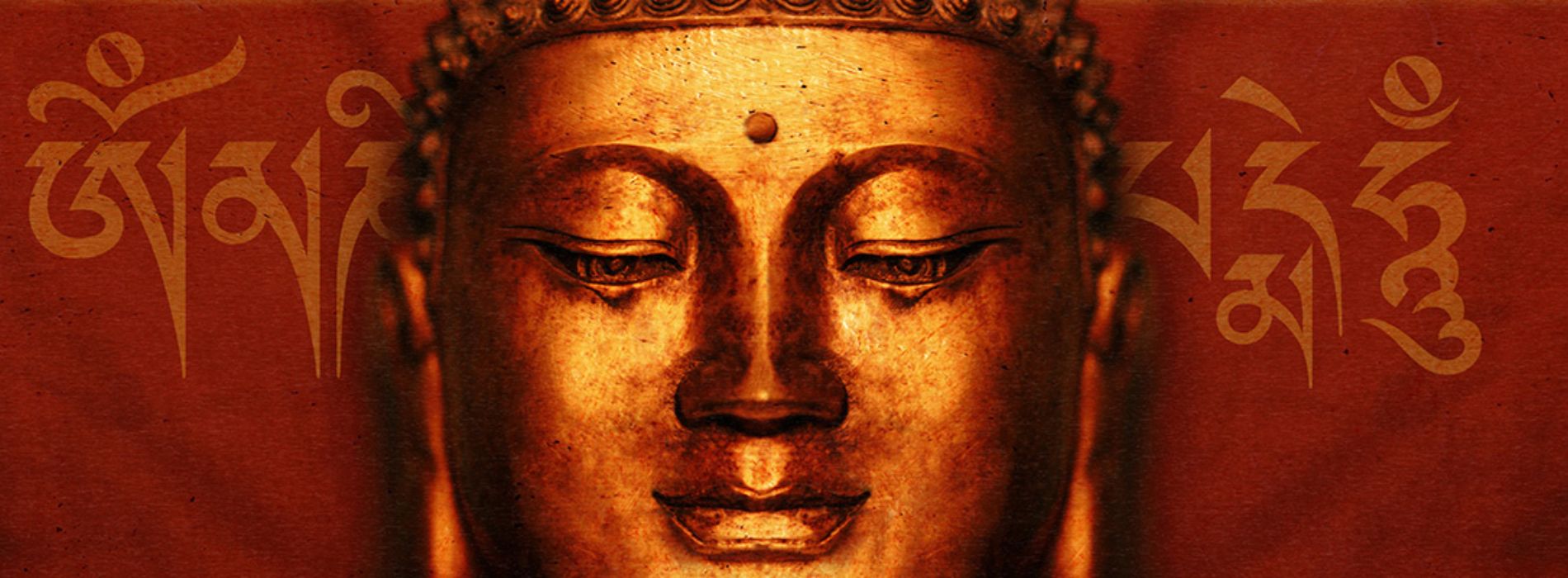Embracing Buddhism in France: Guide for the Spiritual Seeker
Buddhism is an increasingly popular spiritual path in France. If you are attracted by his teachings and wish to adopt this path, here is how to do it in France.
1. Understanding the basics of Buddhism
It is essential to begin with an understanding of the Four Noble Truths and the Noble Eightfold Path, the pillars of Buddhist teaching.
2. Choosing a Buddhist tradition
There are different schools such as Theravada, Mahāyāna or Vajrayāna. Each school has its particularities and its methods of practice.
3. Find a Buddhist center or temple
France is home to many Buddhist centers. Joining one of them can help you immerse yourself in the practice and benefit from the teaching of qualified masters.
4. Participate in retreats
Buddhist retreats offer a deep immersion in meditative practice and teachings. They are often organized by Buddhist centers.
5. Adopt the five precepts
These precepts form the ethical basis of Buddhism and guide the practitioner in their daily life.
6. Cultivate a regular practice
Whether it's meditation, study, or chanting, developing a routine is crucial to deepening your understanding and practice.
7. Engage in the community (Sangha)
The Sangha is essential for support, exchange and collective practice. Get actively involved in your local Buddhist community.
8. Deepen your studies
Buddhism has a rich literature. Reading texts, following lessons or participating in discussions can enrich your understanding.
Conclusion: A path of inner transformation
Becoming a Buddhist in France is a journey of self-discovery and transformation. It is a commitment to oneself and to the world to live with wisdom, compassion and awareness.
Frequently asked questions about Buddhism in France
1. Is Buddhism officially recognized in France?
Yes, Buddhism is recognized as a religion in France, even if it is often approached as a philosophy of life.
2. Are there any major differences in the practice of Buddhism in France compared to Asia?
While the fundamental teachings remain the same, local culture and traditions can influence the way Buddhism is practiced.
3. Is it expensive to become a Buddhist?
No, Buddhism does not require any fees. However, donations (Dāna) to support centers and teachers are common.
4. Should I abandon my current religion to embrace Buddhism?
Buddhism is often considered a philosophy or spiritual path rather than an exclusive religion. Many combine their current beliefs with Buddhist teachings.
5. Is there a specific age to become a Buddhist?
No, Buddhism is open to everyone, regardless of age.

